 Blade Runner 2049 (2017)
Directed by Denis Villeneuve
Rated R
Reviewed by James Rosario on October 25, 2017
Blade Runner 2049 (2017)
Directed by Denis Villeneuve
Rated R
Reviewed by James Rosario on October 25, 2017
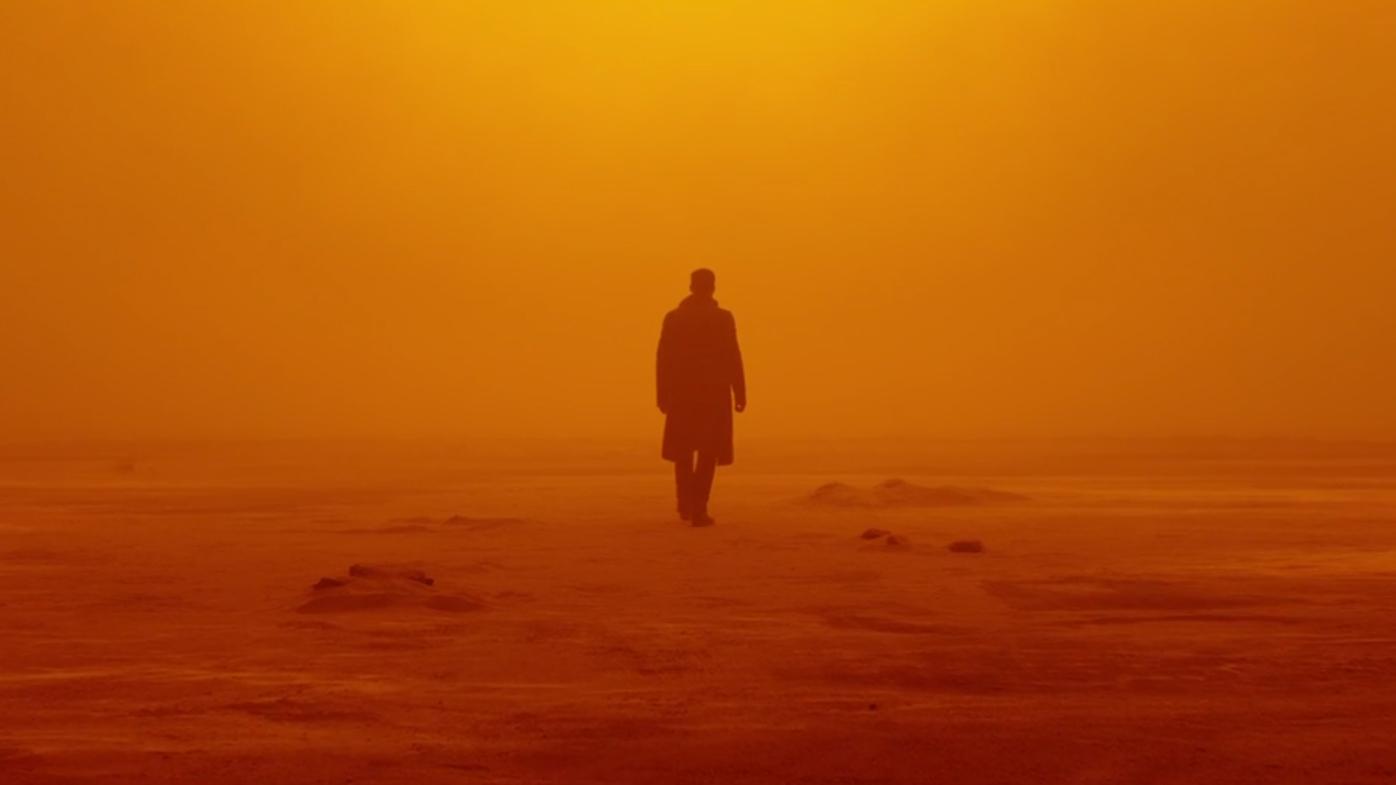
I can’t really compare Denis Villeneuve’s sequel to Ridley Scott’s 1982 original. The reason is simple but embarrassing: I’ve never seen
Blade Runner in its entirety. I’ve tried many times over the years, but a peculiar thing happens at the same moment on every single viewing attempt—I fall asleep. That’s not the only movie that does this to me. David Lynch’s
Dune puts me to sleep at the very same spot every time. For years, so did
The Good, the Bad, and the Ugly, until I hatched a plan to prevent it (I stood up, lit a cigarette, and smoked the whole thing before I sat down again). I haven’t smoked in years, so I guess I should try jumping jacks, or sit ups maybe.
But, after seeing the sequel,
Blade Runner 2049—and being a big fan of the source material, Philip K. Dick’s 1968 novel,
Do Androids Dream of Electric Sheep?—I’m determined to finally get through the original (I’ll get back to you when I do, I promise).
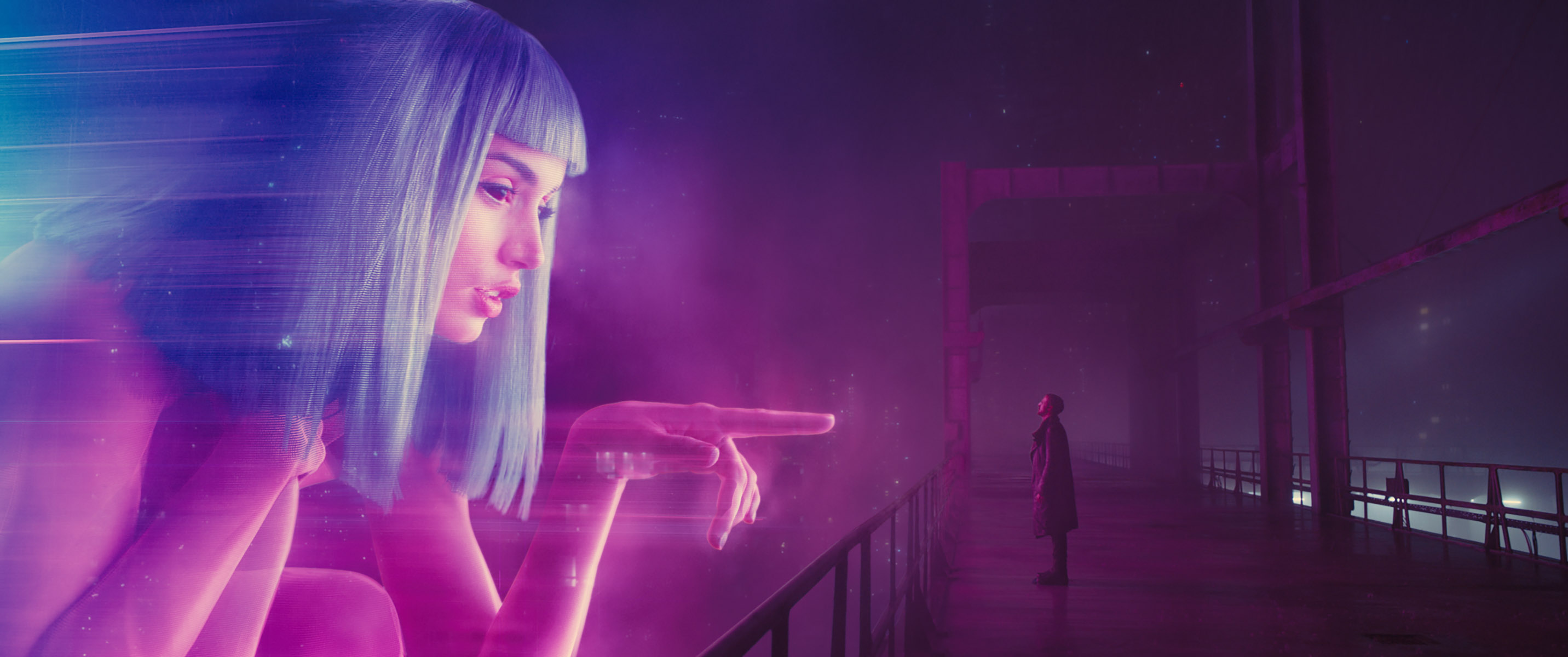
With
Blade Runner 2049, we're treated to science fiction at its finest (this side of Andrei Tarkovsky, anyway). Villeneuve and cinematographer Roger Deakins have constructed a world so bleak, so beautiful, and so utterly huge in scope and despair, that I’m having trouble finding its equal. It may not be the thinker that any given Tarkovsky might be, but it’s certainly as beautiful to look at.
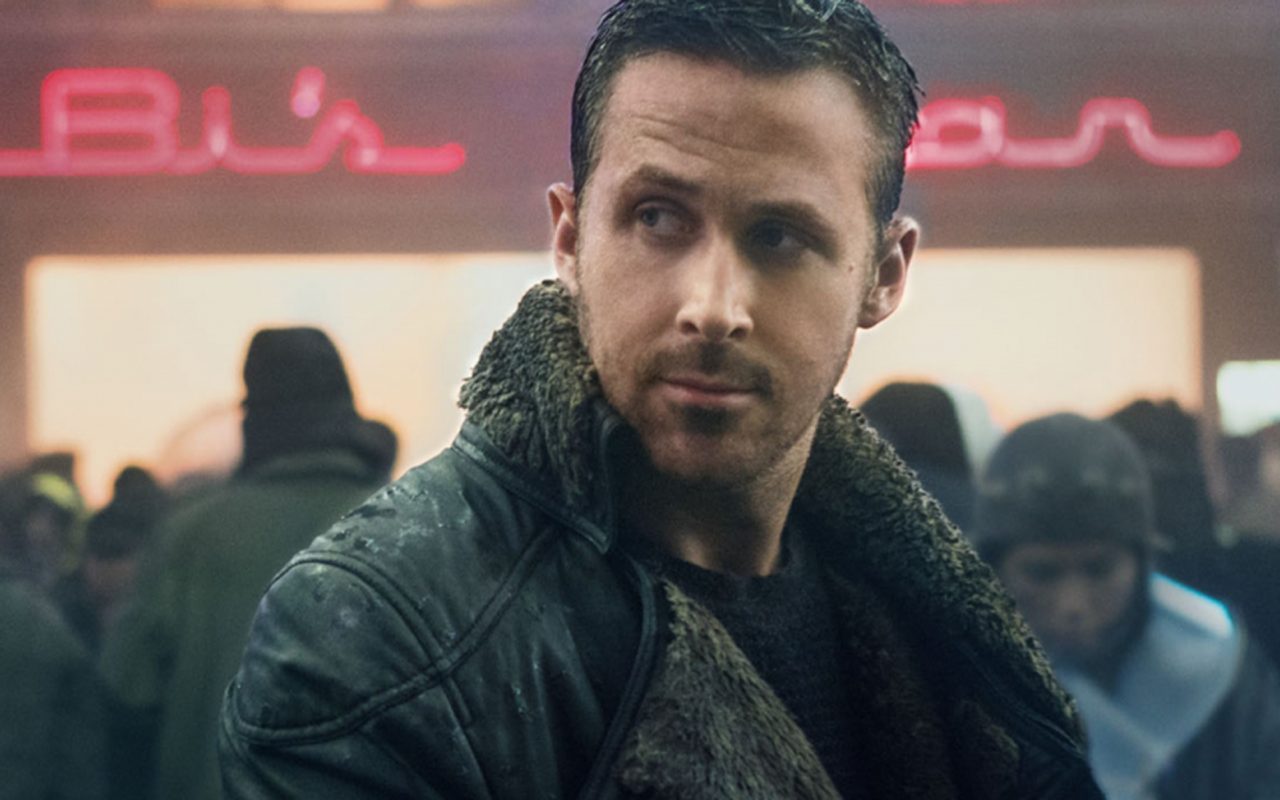
This is what science fiction should look like. We live in an age where computer generated effects are right at home with the action. They no longer have to be clunky, or appear tacked on. They can truly live and breathe on their own—when they’re done right, that is. And in this film, they are certainly done right. Along with the outstanding cinematography, the effects department gets the highest of marks.
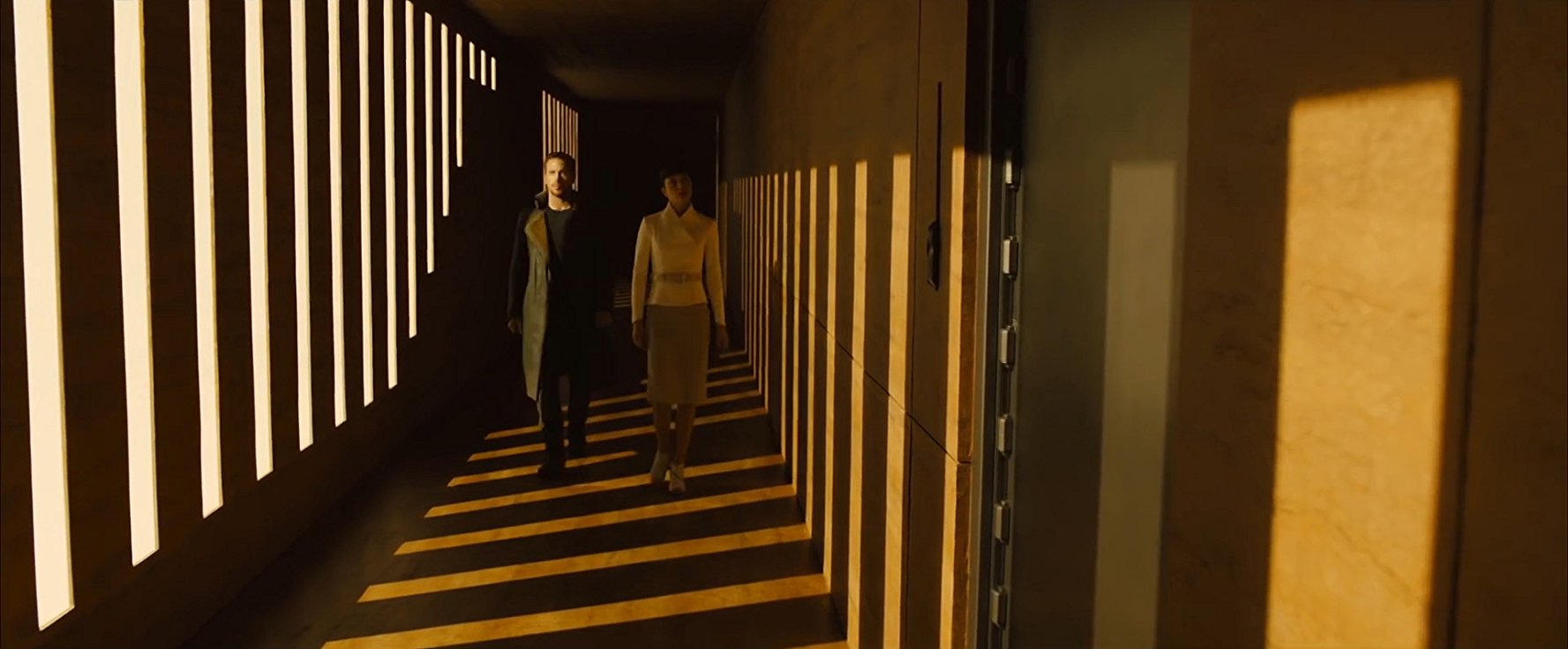
Then there’s the sets. From the grit and snow of the city, to the overcast countryside, to the blasted desert of former Las Vegas, Villeneuve has created a terrifying future indeed. It lines up with what I know of Scott’s original, but expands it into a full world more akin to Alfonso Cuarón’s
Children of Men (2006). The interiors contrast claustrophobia and expansive splendor with nearly everyone living in giant tenement slums. However, it’s the Wallace building that’s most impressive. The design is somewhat Art Deco meets Gothic meets Ancient Egypt, if you can imagine that. Water reflects off surfaces, while shadows fall in jagged angles, giving these scenes a fluidity while still maintaining a sense of “neo-noir.” The architecture is impossibly impressive, if not completely impractical.
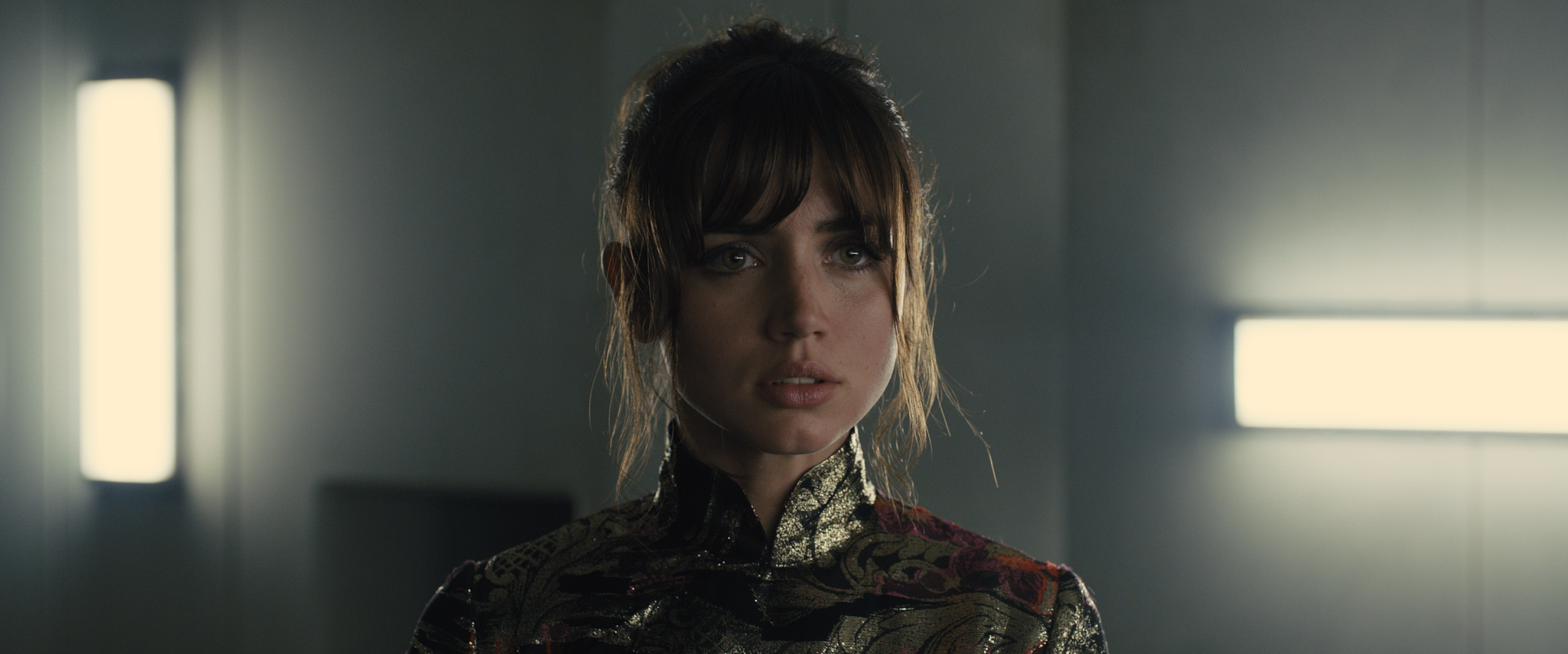
In addition to its achievements in the “looks” department,
2049 is also a pretty damn good noir thriller. It’s got mystery, flawed heroes, femme fatales, and more fatalism than you can shake a stick at. It differs from traditional 1940s noir—aside from the obvious—in that the dialogue is paced rather robotically. Conversations aren’t frenetically spat out like many classic noirs. In fact, the 163-minute running time could have been cut dramatically if they had been. What we get is slow and deliberate dialogue, scenes where characters take their time to “compute” their responses. It’s subtle, but it’s an important distinction, and an element that helps the film work so well. That’s not to say that it’s a slow movie. It isn’t. Everything comes together to keep you well entertained throughout, trust me.
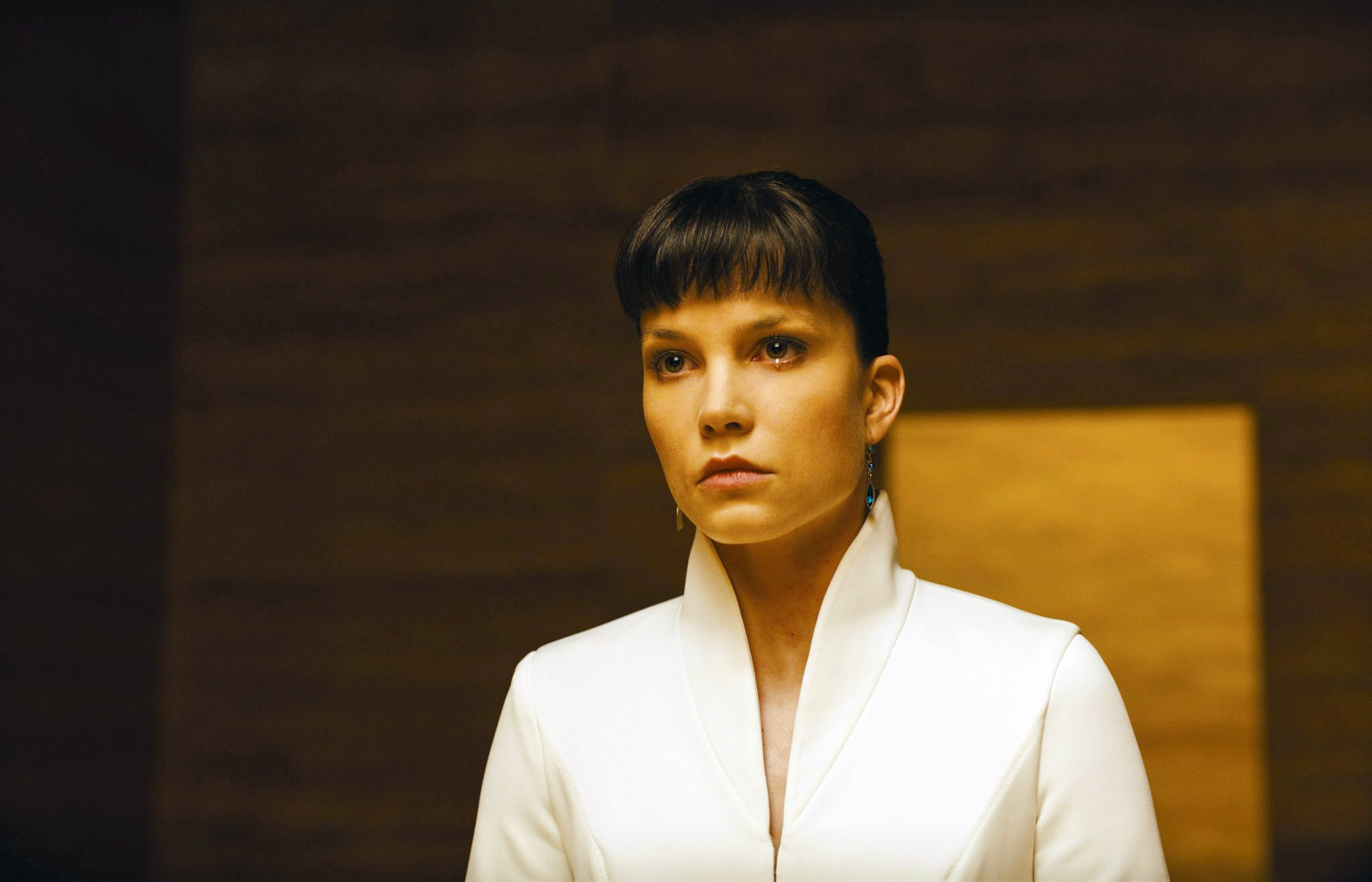
The cast shines as well. Ryan Gosling seems to have found the role he was born to play (a robot). Harrison Ford is perfect as Harrison Ford (reprising his role as Deckard). Jared Leto is really good at playing a sleazy creep (go figure). Even Dave Bautista is good (which is even more surprising if you’re familiar with his wrestling career). All jokes aside though, everyone delivers, but the women outshine the men. For my money, Ana de Armas steals the show as Gosling’s hologram love interest, with Sylvia Hoeks’ Luv is a close second. The addition of Robin Wright is always a plus too.
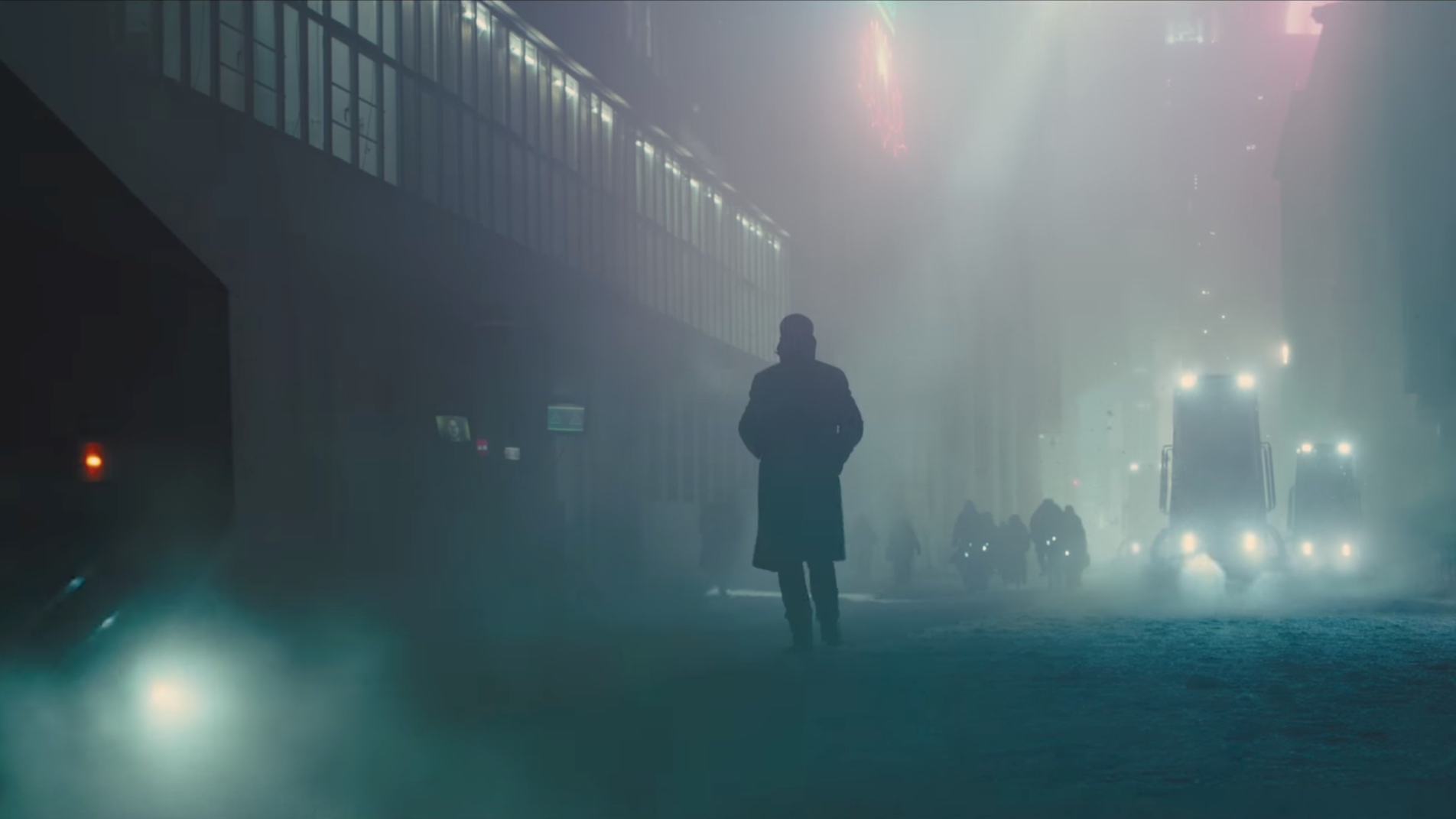
There is a plot—and a good one at that—but I won’t go into it. I’ll just say that they don’t make mysteries like this very often anymore. And that it’s a dystopian sci-fi mystery that happens to be a sequel to a 35-year-old cult classic makes it even more impressive. But, even if the plot were garbage (it isn’t), the visuals alone make
Blade Runner 2049 worth a look. It really is a sight to behold, and I urge you to do so on the big screen. While you’re doing that, I’ll be over here, finally watching the original all the way through.
Blade Runner 2049 is now playing at area theaters.
For more film reviews, plus record reviews, podcasts, and more, please visit
THE DAILY ORCA.